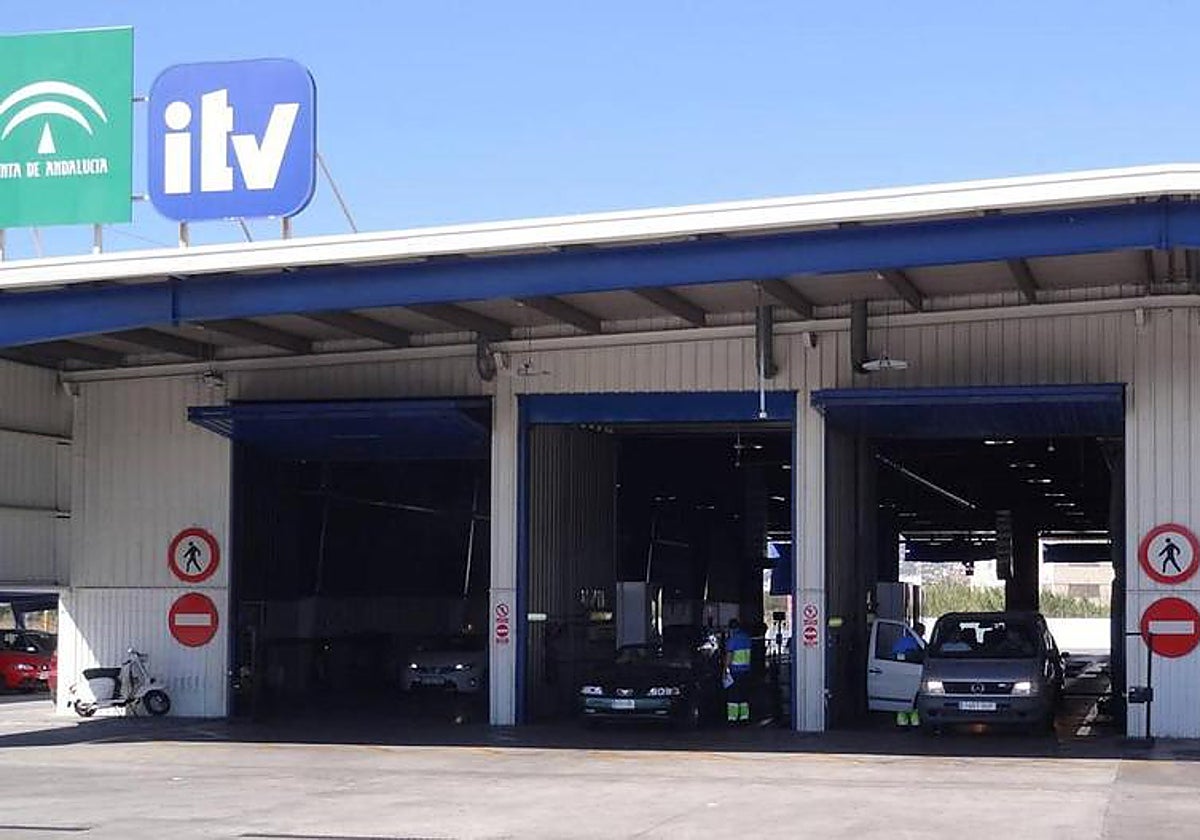These are the latest changes to Spain's ITV vehicle inspection tests, with effect from 20 May
Two new procedures have been added to further determine the roadworthiness of vehicles on Spanish roads, including collecting data from the on-board diagnostic systems of newer vehicles
Almudena Nogués
Malaga
Martes, 9 de mayo 2023
The latest version of the ITV vehicle technical inspection procedure manual will come into force in Spain next week.
From 20 May the revised version 7.7.0 will take effect. In addition to the existing tests, it will include two new procedures which will help determine if your vehicle is roadworthy.
It will now include tests on the emergency call system (eCall) and on the collection of OBFCM (on-board fuel consumption meter) data.
eCall system
On 31 March 2018, the emergency call system (eCall), aimed at connecting drivers to emergency services much quicker, became mandatory for new vehicle type-approvals. From now on, the ITV stations will start to check its correct status in vehicles equipped with it.
Collection of data
All information related to fuel and electrical energy consumption will also now be collected at the ITV stations by reading data from the serial port of the on-board diagnostic systems of newer vehicles.
The data collected will include the identification numbers of each vehicle, average CO2 emissions, fuel used, electrical energy consumed if it is an electric car, and total distance travelled to the date of the ITV check. It will apply to light-duty vehicles registered as of 1 January 2021 that are plug-in hybrid electric, non-plug-in hybrid electric and pure combustion (without electric hybridisation).
But the Spanish Association of Entities Collaborating with the Administration in the Technical Inspection of Vehicles (AECA-ITV) has clarified that the information collected would not be taken into account in the final inspection result. The aim of the data collection is to help build more knowledge about road safety and environmental protection, which is being encouraged by the European Union.
Anti-solar sheets
In addition to the two new tests, the revised ITV procedure manual clarifies and updates which drivers are allowed to place anti-solar protective sheets on their front windscreen.
Until now, it was only possible to install them on vehicles driven by people diagnosed with lupus. With the updated version, people who are diagnosed with any other disease with effects due to UV exposure match those of lupus are now allowed, but the sheets must be approved before they are installed.
